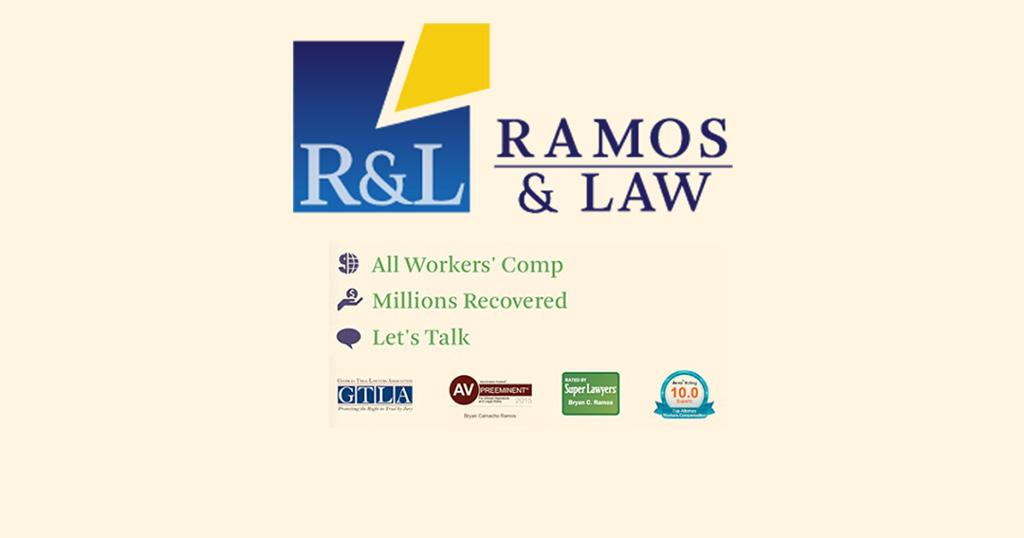
The Georgia Court of Appeals recently issued an opinion in which it clarified one of the distinctions between a new injury and a change of condition. The case, Lawrence County Board of Education v. Dewberry, 2009 Ga. 0220.136 (2009), involved an injured worker, Walter Dewberry, who slipped and fell while working and injured his knee in 2000. Dewberry later had surgery on his knee and missed several weeks of work. For some reason, Dewberry did not request, and was not paid, income benefits. He then returned to work with a permanent disability rating of 9% to the lower extremity. He was never paid for his PPD rating.
The claimant continued to work until 2005 when knee replacement surgery was recommended by a new doctor. By this time, the Lawrence County Board of Education had a new insurer. The new insurer denied liability for the knee replacement surgery. Dewberry then filed a workers’ compensation claim.
The new insurer argued that Newberry had experienced a change of condition under O.C.G.A. § 34-9-104, asserting that the first insurer should be responsible for the knee replacement surgery. This assertion was based on the fact that the claimant received medical care for his injury back in 2000 and continuing.
The Administrative Law Judge found that because the claimant did not ever receive any income benefits, that the 2005 injury was a fictional new accident and that the new insurer should pay. The decision was affirmed by the Appellate Division, Superior Court and Court of Appeals. The reasoning was that although the claimant received medical benefits and missed six (6) weeks from work, he never received a workers’ compensation award or voluntary payments of income benefits for his injury. Therefore, he could not have a change of condition under O.C.G.A. § 34-9-104.
I appreciate opinions such as the one in Dewberry, because sometimes even the simplest sounding statutes need judicial interpretation to insure a correct result. Whether the result is good, bad or indifferent, a clarification of the law helps the attorneys in their practice as it takes out some of the guesswork.
